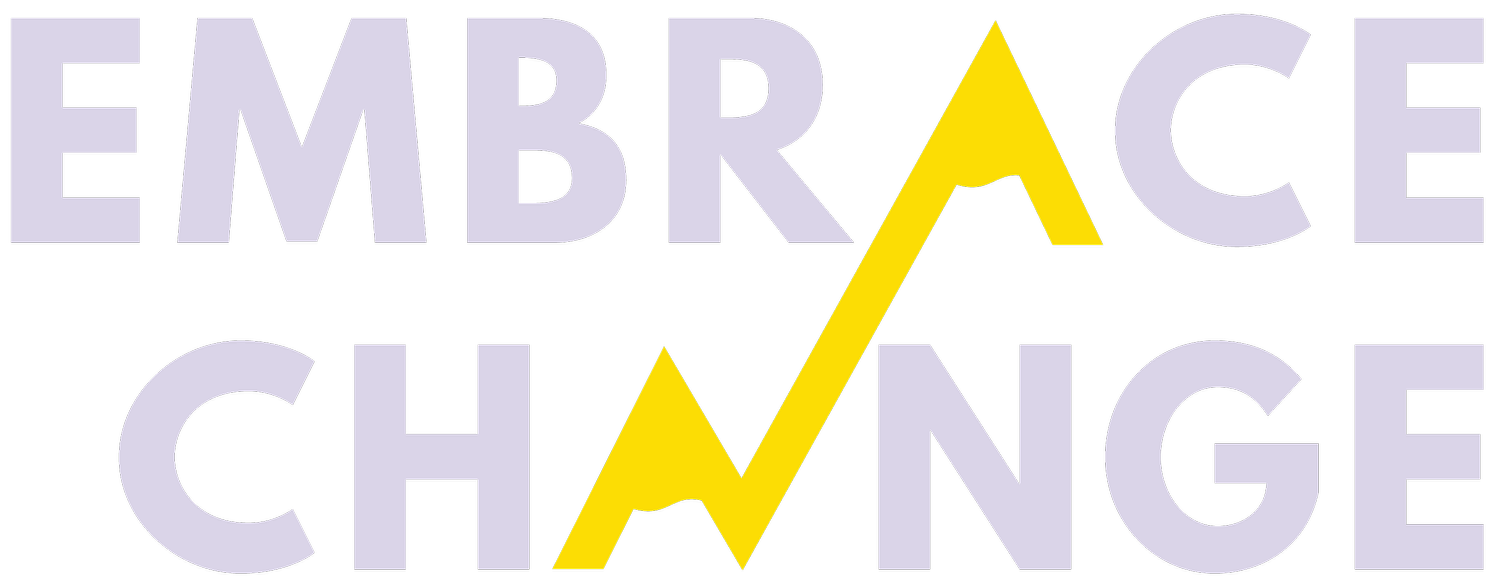5 Reasons Your Personal Brand Matters More Than Ever
This article originally appeared on Forbes.com.
Artificial intelligence is reshaping industries and career paths are increasingly non-linear. According to McKinsey’s Technology Trends Outlook report, companies are accelerating their adoption of new technologies while organizational restructuring is starting to feel like a permanent state. Against this backdrop, a strong skill set and robust body of work are simply table stakes for ambitious leaders. What will really set you apart is a relevant and well-defined personal brand. Here are five reasons why your personal brand matters now more than ever.
1. Competitive Differentiation In A Crowded Market
In a competitive hiring environment, your digital presence makes the first—and a lasting—impression. According to researcher Constantin Nilă of the Technical Military Academy of Bucharest, 93% of employers check a candidate’s LinkedIn profile, with 85% doing so immediately upon receiving an application. A strong personal brand requires telling a coherent story across all platforms, from your LinkedIn profile to your thought leadership. This consistency builds instant credibility with potential employers, clients and collaborators before you ever meet in person.
Action item: Audit your online presence across all platforms. Look for consistency in three key areas: your professional narrative (is your career story cohesive?), visual identity (are your photos and images sending the right message?) and core positioning (are you steadily emphasizing the same key strengths and values?). For example, if you position yourself as an innovative FinTech leader, make sure this is clear in your LinkedIn summary, speaking bio and article bylines.
2. The Rise Of Thought Leadership
The shift to digital-first communication has democratized the sharing of expertise, creating unprecedented opportunities for professionals to build authority in their fields. Whether through industry podcasts, writing on Substack or LinkedIn or speaking on panels at conferences, there’s a growing demand for authentic voices who can cut through the noise with valuable insights. Leaders who regularly share meaningful insights not only attract opportunities—they create them, as their expertise often leads to speaking invitations, advisory roles and broader professional networks. The key is finding your unique angle and consistently delivering useful information to your audience.
Action item: Identify three specific areas of expertise where you can periodically contribute meaningful insights to industry conversations. For instance, if you’re in marketing technology, you might focus on marketing automation best practices, data privacy implications and emerging MarTech trends.
3. Career Mobility And Negotiation Power
Adaptability is the top leadership skill we need as we navigate a continually evolving business landscape. A well-crafted personal brand built around your adaptable skillset—rather than a specific role or industry—becomes your passport to new opportunities. When your brand emphasizes your ability to learn, grow and pivot, you position yourself as a valuable asset regardless of organizational and industry changes.
Not only does clarity around your value proposition help with career moves, it also strengthens your position in every professional conversation. When you can confidently communicate your impact and potential, you’re far better equipped to negotiate everything from salaries to project resources.
Action item: Document your top three transferable skills, making sure to frame them as what makes you adaptable. Gather specific examples to demonstrate that you can leverage these skills across different professional contexts.
4. Trust-Based Leadership Impact
Even the most adaptable leaders also need something more fundamental to succeed, however: the ability to build and maintain trust. Trust between workers and leadership is a crucial differentiator and when it’s absent, companies and bottom lines suffer. Deloitte research reveals that only 59% of workers trust their organization’s senior leadership team, yet those who report strong relationships with leadership are 3.4 times more likely to stay with their employer. A well-developed personal brand that emphasizes transparency, authentic communication and consistent values helps build this essential trust—whether you’re a senior leader already or positioning yourself for senior leadership roles.
Action item: Identify three specific ways you can demonstrate trustworthy leadership through your personal brand. These might include sharing lessons learned, acknowledging challenges or showcasing your decision-making process.
5. Future-Proofing In An AI Era
As artificial intelligence transforms professional roles, human qualities become increasingly valuable. Your personal brand should emphasize capabilities that AI can’t replicate: emotional intelligence, complex problem-solving, ethical decision-making and creative thinking. By positioning yourself as someone who can work alongside AI while bringing uniquely human insights, you become indispensable rather than replaceable. The key is to showcase your ability to provide strategic direction and nuanced judgment in implementing and optimizing AI tools in your particular work context. This human-AI collaboration mindset will increasingly define successful careers across industries.
Action item: Identify and document three ways you’ve successfully navigated technological change while leveraging distinctly human strengths. For example, describe situations where you’ve used emotional intelligence to manage team dynamics during digital transformation or instances where you’ve translated complex technical capabilities into clear business value for stakeholders.
Your Brand, Your Edge
These five factors underscore why your personal brand matters so much. As we navigate an increasingly complex and AI-driven workplace, your personal brand will distinguish you from both human competitors and artificial intelligence. Success in a rapidly automating world requires both standing out and staying relevant. The leaders who thrive will be those who invest in developing and maintaining a brand that showcases their uniquely human capabilities while navigating waves of change. Your personal brand serves as both compass and anchor—guiding your career trajectory while grounding you in your core professional identity.


